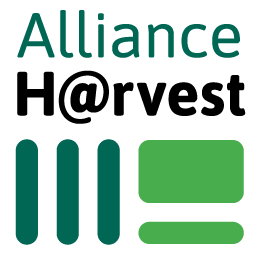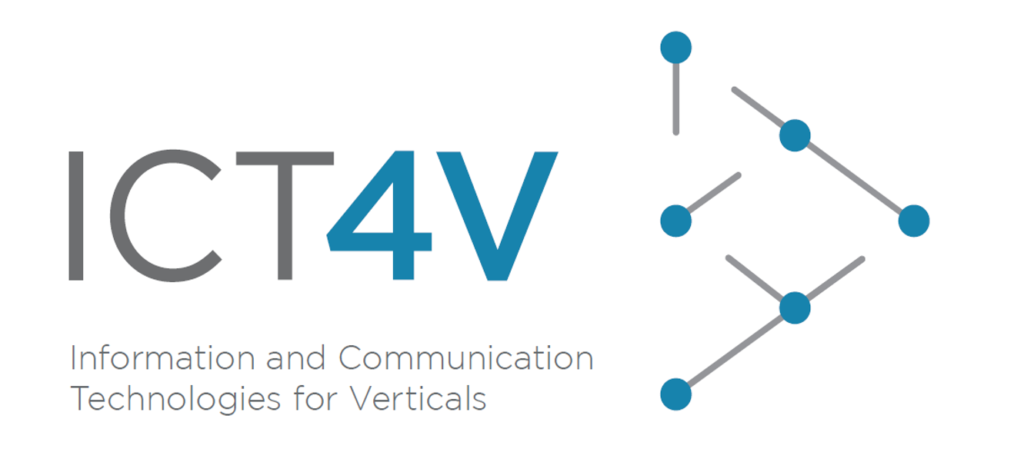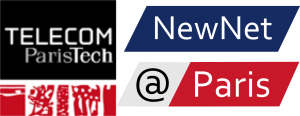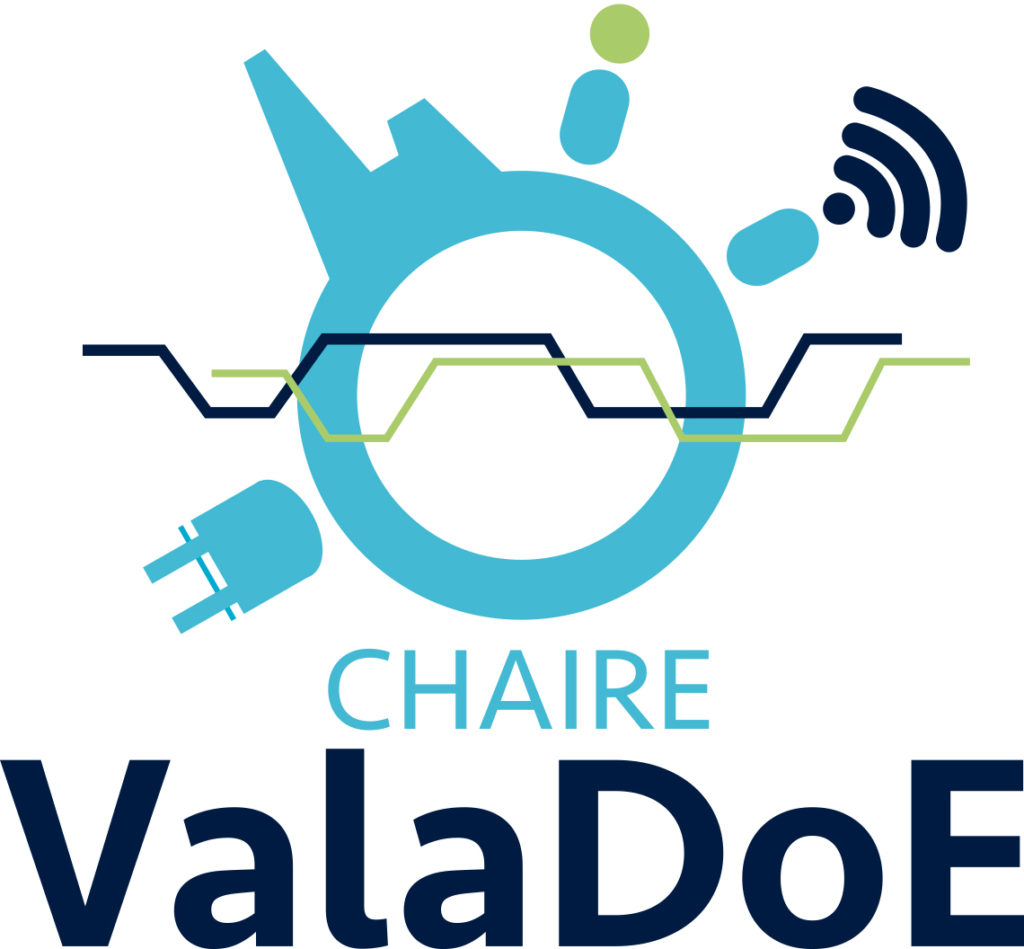RMS is involved in several Chaires and Joint labs.

Alliance H@arvest
To face today’s and tomorrow’s agricultural and food challenges, Alliance H@rvest aims to support the use of digital technology for the benefit of the agricultural sector, to optimize the strategy, management and conduct of farms and stakeholder chains.
Alliance H@rvest brings together players from complementary sectors and areas of expertise, to foster the emergence of innovative solutions to the challenges of transitioning agricultural production systems in line with the digital revolution.
Supported by AgroParisTech, the AgroParisTech Foundation, IRT SystemX, Télécom Paris and Terres Inovia, Alliance H@rvest combines the strengths of a teaching, applied research and ideation patronage chair dedicated to the public interest. Its activities are based on innovation projects financed by industry and the future investment program. These two operational and financing methods are complementary and inseparable for Alliance members, who ensure their coherence.
For further information, read the Alliance H@arevest presentation

ICT4V
ICT4V is a Technology Center created for leveraging the opportunities of ICT and digitalization as major drivers for innovation in all sectors of activity. It consists of an open partnership between companies, universities, research centers and public agencies, and counts today with 16 partners. It has established international collaboration agreements as well as an extensive international network of experts, at the highest level. A broad set of activities have been implemented to speed up all the stages of the innovation chain. Its large portfolio of projects is creating value in various domains as farming and agriculture, e-health, finances, education, energy and logistics, among others. Headquarters are located in Montevideo, in the Technology Park LATU, and projects have already been launched with other counties of the region, including Brasil, Chile and Perú.
The general objectives of ICT4V are:
- To significantly increase innovation capacity at national and regional level and to help improve competitiveness; contribute to all stages of innovation processes and play an important role in the development of high-level competences.
- To contribute to the digitalization process in collaboration with players of all activity sectors for jointly responding to major national and regional challenges.
IMT and ICT4V have signed a collaboration agreement that has led to various joint activities related with innovation and with competences exchange, especially in the sectors of green energy and of finances (fraud detection in digital transactions), and postgraduate students have been exchanged.

NewNet@Paris
NewNet@Paris is a CISCO Chair at Telecom Paris.
Whereas Internet applications and physical link capacities have witnessed an exponential increase over the last few years, the pace of the underlying infrastructure evolution has been much slower.
In this context, the evolution of technologies related to virtualization, and especially the emergence of network functions and services accessible through open APIs, leads to a renaissance of the network, where it will be possible to morph the Internet by simply modifying and reloading its functions.
Cisco’s NewNet@Paris Chair is organized around three main pillars:
- Research: lay out new solid scientific basis for this new dawn of the network, as well as to build and innovate on its top
- Teaching: to educate the new generation of leaders, managers and engineers, in the context of their research and innovation work and beyond
- International development: to disseminate these theories and experience to the scientific and industrial communities, and more broadly to the international public at large

LINCS
LINCS (Laboratory for Information, Networking and Communication Sciences) is a joint research and innovation lab created as a partnership between Institut Mines-Telecom, INRIA, Nokia Bell Labs, Sorbonne Université and SystemX (a cluster composed of around 100 companies).
The main objective of the LINCS is to create knowledge as well as social and economic value by promoting and facilitating synergies and collaboration between academia and industry, facilitating the transfer between both worlds as an accelerator of the innovation chain. Moreover, the LINCS increases visibility and attractiveness of, both, high-level experts and students.
The main organization principles are based on the co-location in the same premises of, today, more than 100 researchers and experts from all the partners (full or partial time) together with high level invited experts from all over the world, providing an eco-system that facilitates reaching the above-mentioned general objectives. The methodology combines fundamental and experimental approaches; the high-level competence in both research approaches is one of the key differentiators of the LINCS.

SEIDO Lab
The power system is evolving towards a decentralized architecture, able to accommodate a growing share of distributed renewable energy sources, micro-production units, and storage facilities. In this picture, power consumers are becoming procumers, i.e. they produce their energy and finely manage their consumption. Power grids must then adapt to become more intelligent, flexible, and responsive in order to ensure reliable, safe, and secure operation; to maintain demand-supply equilibrium despite the growing share of intermittent generation; and to enable end-users to take full advantage of their investment in generation and storage facilities.
In order to address the main challenges arising from the development of smart grids, SEIDO (SEcurité et Internet Des Objets) lab gathers research scientists from both academia (Télécom Paris, Télécom SudParis, and CNRS LAAS) and industry (EDF R&D) with multi-disciplinary expertise and skills (energy, security, communication networks, etc.). Their aim is to contribute to the design of large-scale, distributed computing architectures capable of monitoring and managing power distribution systems up to terminal equipment, including local generation and decentralized storage; to contribute to the achievement of new concepts, new standards for the definition of new equipment, new software and thus develop a common intellectual legacy.

ValaDoE
The challenges of the energy transition call to rethink energy management and to develop decentralized distribution systems, based on the balance between supply and demand expressed at the different scales of the grid (blocks, neighborhoods, towns, metropolises, etc.). The transformation of data into information likely to circulate between the various players is a major challenge.
In order to achieve the transformation towards intelligent, flexible, multi-energy networks, the ValaDoE (VALeur Ajoutée Données et Energie) Chair brings together the entire chain of stakeholders involved in this process, industry and local authorities (ENEDIS, Nantes Métropole, and Région Pays de la Loire) as well as academic players (Télécom Paris and Mines Saint-Etiennes) covering all the disciplines involved, i.e. the Internet of Things, energy networks, data protection and data science analysis. The ValaDoE Chair should enable the emergence of innovative solutions taking full advantage of this convergence for the energy transition and their associated energy grids to the benefit of territories and citizens.
In this partnership, Telecom Paris Tech is established as a reference contact for the Internet of Things and cybersecurity for power systems, supply-demand balances and decentralized management of energy markets, particularly with regard to the implementation of local electricity markets.
